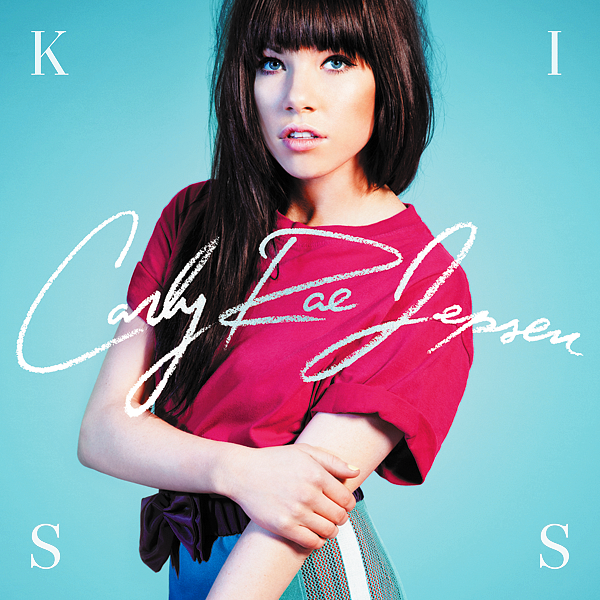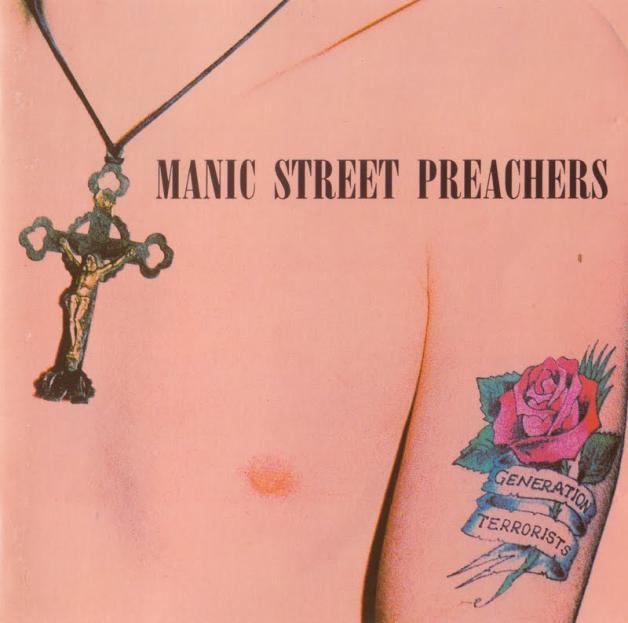
Anyone who was born when Hybrid Theory first came out is 17-years-old now. If they’re lucky, they have experienced heartbreak, romance, sex, drugs, fighting with parents, have a solid group of friends and are thinking of what to do with their lives. I say this so you’ll realized how long these guys exist. We still live in the fallout of their first two albums which captured the anxiety of youth so well. So now we’re listening to Mike’s half-apology to his kids and wonder what the hell happened.
It’s the same question a parent will ask themselves when they realize their baby is now as big as them and discovered sexuality. These guys are old. Moreover, they always hopped from genre to genre, each album a clear response to what was before. Minutes to Midnight was their attempt to break away from Nu Metal, experimenting with different kinds of structures and isolating the Hip-Hop elements so they’ll become their own. On A Thousand Suns they said goodbye to everything and to every audience, jumping headfirst to experimental electronica, themes of nuclear warfare, emphasizing their Hip-Hop elements and producing such a wide-eyed vision that nobody could keep up with them.
After that, things made a bit more sense – but only a little more. Just when you thought they went full artistic, they dropped Living Things, a simple punchy albums that combine all their previous elements. Yet that album wasn’t a regression, since it had “Victimized” and “Until It Breaks”, the band refusing to settle to a genre and to a single structue. After everyone got used to blippy electronics and with a new fanbase, The Hunting Party threw it all away for huge, angry Rock that still included their experimental elements – see “A Line in the Sand”.
So how is the direction they took on this album a surprise? This album is the complete opposite of The Hunting Party without going ambient, not just in sound but in vibe. Linkin Park have always been quite angry. One More Light isn’t just a move to a new sound – you heard some of these ideas back in “Breaking The Habit” but to a whole new emotional dimension. 3 years ago they were angry adults, now they’re content adults.
It’s amazing people still react to this band with the surprise. As an attempt to go commercial, this is the complete opposite of their essence. When it does sound like ‘what’s on the radio’, it’s a drastic improvement. For the first time Linkin Park are allowed to be happy. The main shock behind “Battle Symphony” was how joyous it was, how it was so full of hope it didn’t have to to be bombastic but ride a glitchy, funny riff. Chester sounds content, not stretching his vocals but keeping the fun, careless spirit. This, along with “Nobody Can Save Me” are songs for an easy summer and we all could use such a summer.
Even when the songs are more serious, there’s a grown-up attitude of contentment, of looking back at your past and coming to terms with it. So you get “Halfway Right”, where Chester pours out his troubled with past with the happiness that it’s all behind him. Or there’s “Sharp Edges”, a move to Country which would’ve been cliched – and is – but check the ending. It’s been so long since the “What doesn’t kill you…” line sounded good, but the song explodes with life-affirming energy.
There’s a problem in music where artists ‘grow up’ and lose vitality. Many artists don’t know how to grow up, and what passes for lack of restraint is actually losing the energy and desire to make music. Linkin Park doesn’t fall into that. They enjoy keeping the songs low-key. It’s the kind of happiness where you don’t have to prove anything, and that’s why the ending to “Sharp Edges” or the ‘na na na’ thing in “Halfway Right” works. The band isn’t a spent force and their adulthood didn’t drain them of energy. Instead, they found joy. Nothing in “Sharp Edges” is particularly new if you listened to Mumford & Sons, but with such a joyous ending there’s no need to get lost in the dictionary in search of profound words.
The most important tracks are the title-track and “Sorry For Now”. They’re so good that they deserve their own paragraphs. Why “Sorry For Now” wasn’t released as a lead single is mystifying. No song grabs the listener and is full of surprises like that one. First off, we hear Mike directly addressing his kids and nothing shows us how old these guys are like this. Then there’s the chorus, which is beautiful and odd in its dismissal of angry children – a ‘someday you’ll understand’ that’s almost flippant but not too much. Right before the final chorus Chester comes to sing-rap, and it makes a happy song already more happier. At this point, they believe they can do anything – so they combine personal lyrics, a bass drop, a happy melody along with switching roles. By far it’s one of the most joyous song I heard, a band sounding so happy where they are so they just go with whatever.
Then there’s the title-track, which is harrowing. Linkin Park made few ballads, but this is the best of them. It’s not just about losing someone. The driving line – “Who cares if one more light goes out/in a sky of a million stars?” expresses how small we are in the face of death. It’s a song that should change the world. We hear about people dying everyday, and we can’t care about it all but goddamn it matters. It’s a hushed, warm ballad that, again, never explodes to vocal acrobatics. Brad’s guitar in the background is just as fragile as any of us. This is a song we all need to take in, to affirm our importance and our fragility at the same. No surprise they decided the song was so important they should title the album after it.
Releasing “Heavy” as the first single was such a stupid move. It remains the worst song here, although it’s only bad for the first minute where Chester sounds too whiny. As soon as Kiiara joins it becomes a decent ballad, updating the existential angst to adulthood. The album sounds nothing like that song. Actually, this album doesn’t sound like anything. Glitch is a big element, but just when you think you captured the sound of the album something slips. “Good Goodbye” is an aggressive Trap song. “Sorry For Now” is too big. The last two tracks drop the electronica for acoustic guitars. Comparisons to Twenty One Pilots are a good idea, but that’s because Twenty One Pilots are another band who refuses to stay in one place. So everyone calls them ‘unoriginal’.
Some have said this is a good Pop album but a bad Linkin Park album. Actually, when you look at it in the context of the band’s discography it becomes better. It’s another adventure, another evidence of how creative this band is. It’s not just the exploration of sound – there’s plenty of beautiful melodies and song progression. Add “Sorry For Now” and “One More Light” which are masterpieces, and this is another success. Of course, people who grew up on guitars will hate this. That’s less fun for you.
4 battle symphonies out of 5









